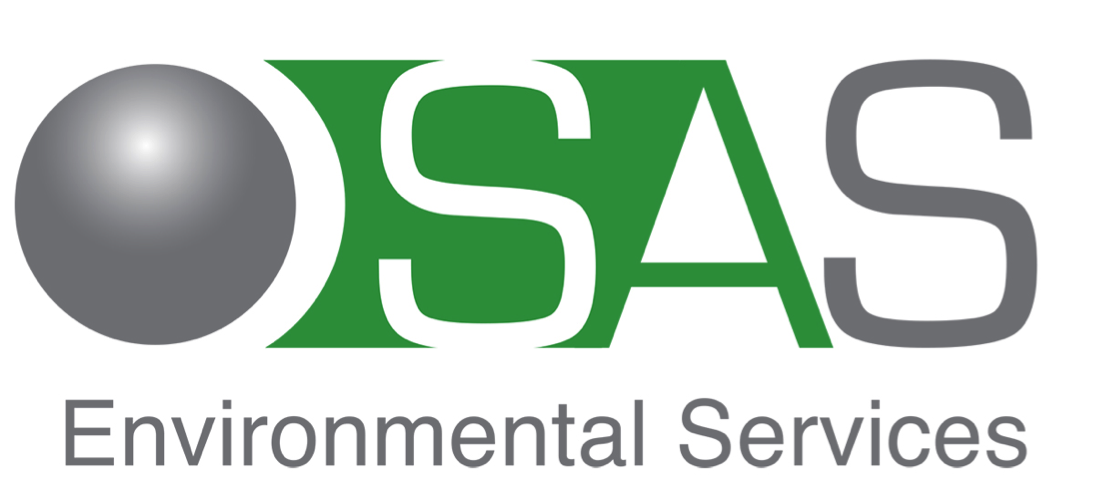Working towards Net Zero – a Sustainable Business Ambition
/To future proof your organisation in today’s fast-changing world, you need to balance economic and environmental considerations to ensure responsible, ongoing success. Therefore, oil waste companies must develop a continuous improvement program that encompasses the implementation of an energy strategy.
Waste Management Plans are not new. They have directed robust management strategies of achieving environmental compliance with the least impact on costs. As the need for the measurement of carbon footprint and mitigation of discharge of GHG emissions becomes commonplace, any waste management strategy must consider the release of GHG into the environment as a significant consideration.
Governments are pushing their economies towards a range of net zero carbon goals. It is important and virtually unavoidable that companies in the energy and waste management sector step up and reduce their own carbon footprints AND assess how their products and services impact their clients’ carbon footprint.
But what does Net Zero mean? Net zero simply means achieving a balance between GHG emissions produced and those removed from the atmosphere.
By building a carbon reduction plan that balances these economic and environmental considerations waste generating companies will be best placed to outperform their competition and drive long-term success.
So, if you are looking to assess your organisation’s carbon foot print and create a plan to reduce it and explain to your client how you can help reduce their carbon foot print, how do you start? Where to begin? Well, we have put together a useful action plan template to help guide you through this process.
Download our Net Zero Action Plan to find out what steps you can take now to reduce your carbon footprint in operations.



